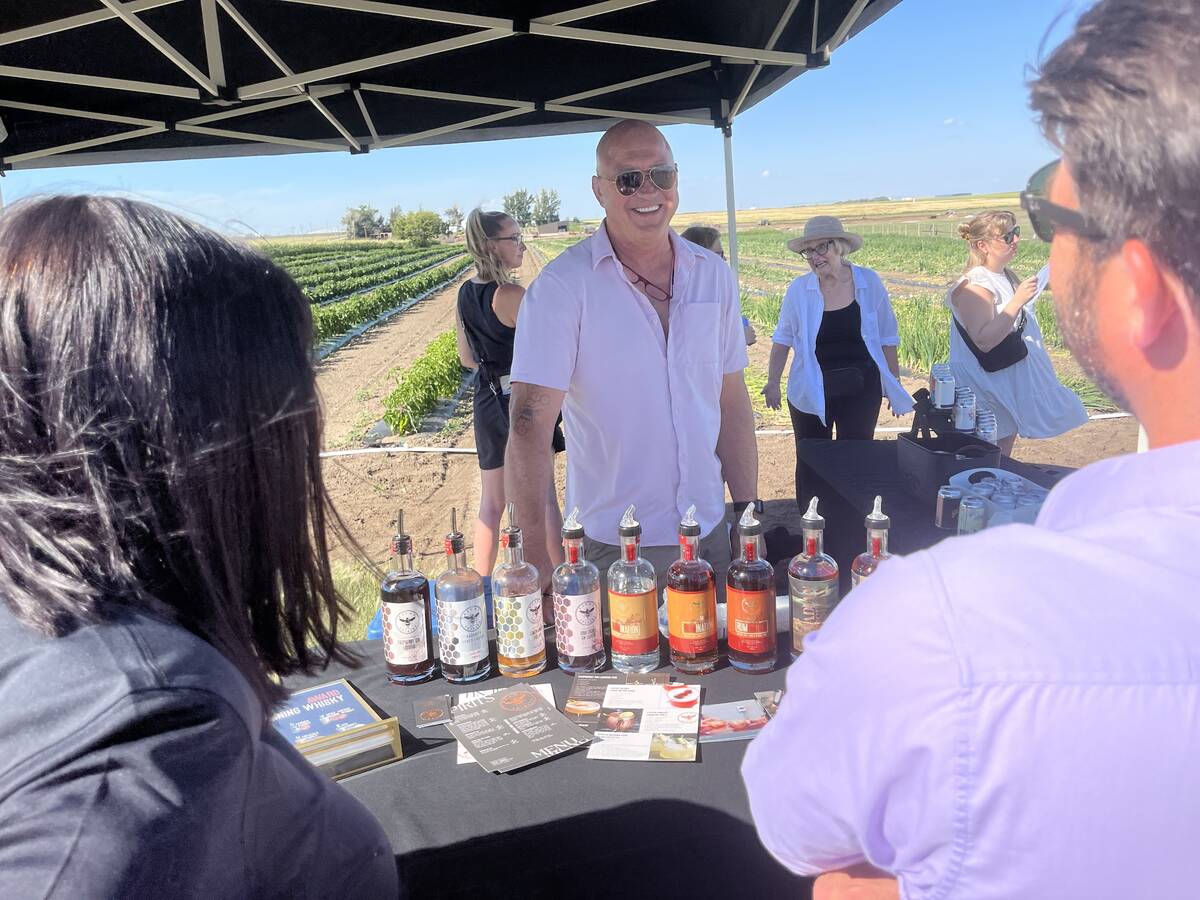DELAIDE, Aus. — The Australian government is pushing ahead with plans to reduce its role in regulating bulk wheat exports and monitoring access at export terminals.
Later this year, the government is expected to eliminate Wheat Exports Australia, an agency that has widespread support among the country’s grain farmers and is viewed by many as an industry watchdog.
WEA was formed in 2008 to ensure an orderly transition from single desk grain marketing to an open market environment.
The agency’s primary role was to review the credentials of new bulk wheat exporters, ensure they had appropriate financial resources and issue export certificates.
Read Also

From farmer to award-winning distiller
Pivot Spirits showcases transition from farmer to distiller with provincial award-winning results in Alberta for Lars Hirch
The system was designed to protect farmers against companies that had no track record in marketing Australian wheat overseas.
But if legislation now before parliament is approved, the WEA will be wound down as of Dec. 31.
Exporters will no longer be subject to government reviews and export certificates will no longer be required.
Proposed legislation would also reduce regulations that apply to owners of Australian export terminals.
Terminal owners would no longer be required to submit plans explaining how they intend to make port access available to competing export companies.
Right now, Australian port owners must submit what is called an Access Undertaking, a plan that explains how terminal space will be allocated on a commercial basis.
The Australian Competition and Consumer Commission now reviews and approves those plans, but if new legislation is approved, Access Undertakings will no longer be required as of October 2014.
Instead, port owners will follow a voluntary code of conduct that is developed in conjunction with other industry players.
Response to the proposed changes has been mixed.
At CBH, one of the country’s largest grain handling companies, officials declined to comment on the proposed changes.
CBH owns every grain export terminal in Western Australia but competes for port access in other Australian states where it exports grain without port facilities.
Alison Watkins, chief executive officer of GrainCorp, the largest bulk grain handler in eastern Australia, said excessive regulations impede growth and efficiency in the Australian grain industry.
Watkins said removing unnecessary regulations is essential if Australian companies hope to compete with global agribusiness giants like Cargill and Glencore.
“Ports are the link between us and the regions of growing (grain) demand,” Watkins said.
“Ironically, they’re also the most regulated point in our supply chain. The access regime that we have today was introduced in 2008 when the single desk was being removed to give exporters confidence that they would be able to access the ports.… They were introduced for a good reason, but they were also introduced as a transitory arrangement…. There’s an existing framework for challenging (non competitive) behaviour.”
Peter Mailler, chair of Grain Producers Australia, a national advocacy group representing grain farmers, said many Australian grain growers already feel like they have little or no influence when dealing with bulk grain handlers and export terminal operators.
“The government has made a decision to further deregulate the market and I think that’s problematic,” said Mailler.
“There are growers out there that think we should have an entirely free market and that we should have no regulation at all, but those same growers would probably admit that they’re not completely happy with the market that we have today.”
Garry Hansen, a grain farmer from South Australia, agreed that further deregulation is a scary concept for many growers in his state.
“Right now, we’ve got a series of state-wide monopolies that are essentially controlling the ports, so I’m not so sure the market is capable of managing itself,” said Hansen.
“I think there needs to be some type of regulatory control maintained and I definitely think there’s a role for the WEA to play in the industry, just to keep the big boys honest.”
Peter Woods, chief executive officer of WEA, said the grain industry desperately needs an agency to push for full disclosure of wheat stocks that are held in bulk storage sites.
Accurate information on grain stocks in storage is critical to farmers who are trying to make informed planting and marketing choices, he added.














